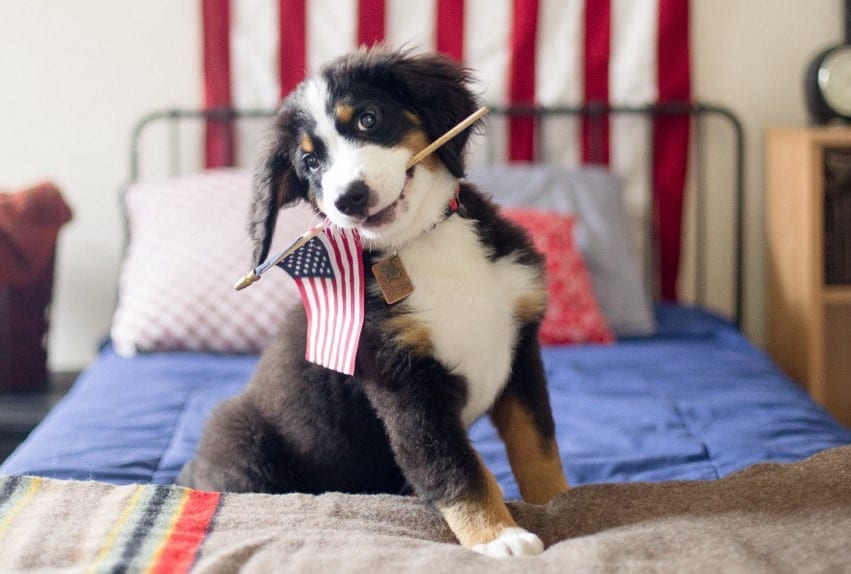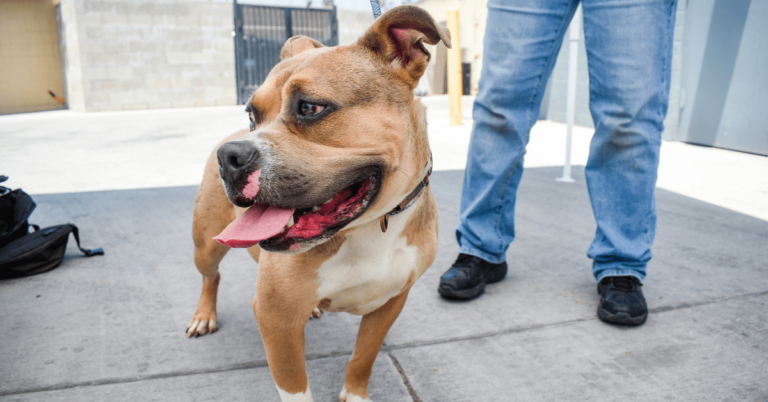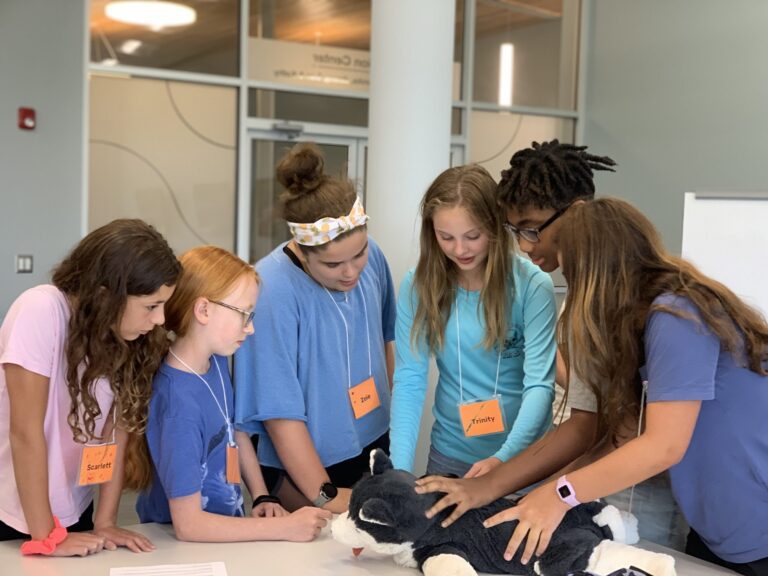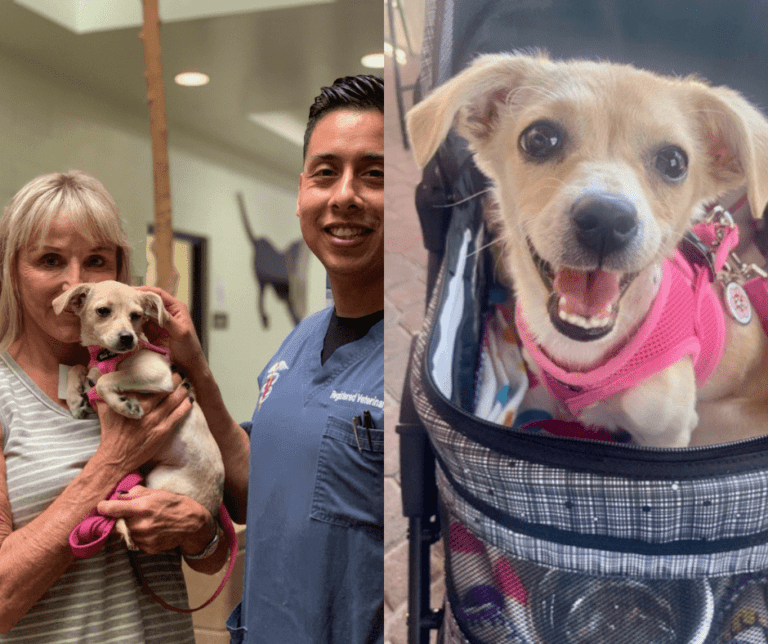7 Holiday Pet Safety Tips


The holidays are a wonderful time of the year. The days are short, but you can have fun evenings with your family filled with good food and good company. And your pets can join in on the fun, provided you follow these 7 holiday safety tips.
- External Identification
Identification tags are particularly important during the holidays. Pets are more prone to get lost because of travel, fireworks and other surprises. Make sure your pet has a collar and ID tags. They come in various sizes for small and large pets, and feature all sorts of designs – even special holiday ones!
- Microchip
Also make sure your pet is microchipped, the microchip is registered and your contact information is up to date with your microchip registry. Microchips are available at your vet or nearby microchip clinic.
- Choking hazards
Closely watch activities that involve potential choking hazards. Small pieces, gift wrap and other objects should never be left around unsupervised. Some pets simply don’t know the difference between food and small pieces of other materials. Put small objects away after use, and same goes for wrapping paper, ribbons and bows.
- Food
Limit human foods and other treats to 10 percent or less of your pet’s diet. Animals shouldn’t have large amounts of fattening foods like dairy, donuts, fried latkes and fattening cuts of meat. They can, however, have portions of lean protein and plain veggies. Keep in mind that chocolate, raisins and grapes are toxic and potentially fatal for pets. You also can’t feed your pets alliums aka: onions, scallions, garlic and leeks.
- Temperature
It’s probably best to keeps cats indoors during the frigid winter nights and exceptionally hot summer days. As for dogs, certain breeds are more disposed to bouts of intense chill. Some short-haired breeds, like Chihuahuas, might benefit from winter attire. Keep shivering paws at bay with sweaters, coats, hats and booties when they go outside. Conversely, keep pets cool in the summer with access to cool water and shade.
- Plants
The holidays frequently come with many beautiful plants. Unfortunately, holly, poinsettias and various ivies are either poisonous to pets or can cause an upset stomach. If your pet suddenly starts vomiting or has bouts of diarrhea, first see if they got their paws on human food. If not, holiday plants may be the culprit.
- Open Flames
Remember that an abundance of good food and plants isn’t the only change in scenery around the home. Pets are also exposed to plenty of other potential hazards, including the menorah and other lit candles. You want to keep all lit candles out of reach of cats and dogs. Some pets might be clever enough to avoid an open flame, but that’s not a guarantee. Protect furry family members with pet gates, or better yet, simply a closed door. And keep a close eye on the menorah while the candles burn. This is good safety tip for all households, even those without pets.
All in all, use common sense and you will have a wonderful and safe holiday. With proper precautions, there’s not need to exclude your pets from joining in on the fun. Just keep a close eye on the festivities and call your vet if you think something is wrong.



